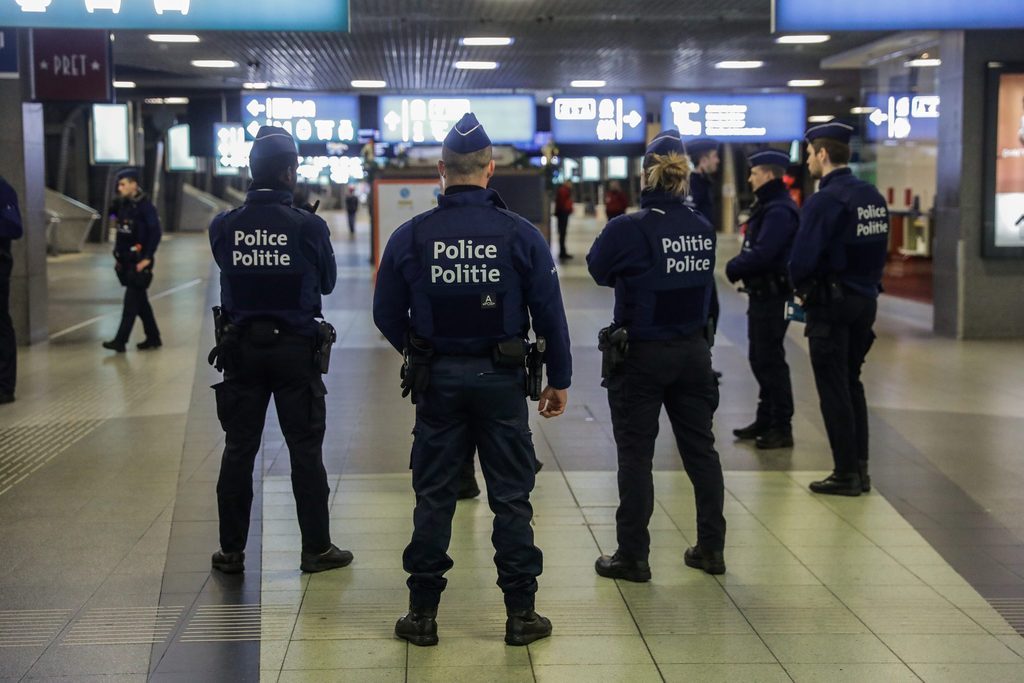The Brussels' Security Council identified the 15 hotspots across the Capital Region in which priority will be given to safety, prevention and neighbourhood life, the office of Minister-President Rudi Vervoort announced after the meeting on Thursday.
Earlier this month, Vervoort already announced a new method to fight the drug violence in Brussels, stating that he himself would take responsibility for coordinating the measures. A regional security cell, headed by the director of safe.brussels Sophie Lavaux, is also being set up to ensure that local task forces properly implement and comply with the regional strategy.
One of the measures previously announced was the identification of so-called hotspots or priority areas to be tackled, to be determined by police forces and approved by mayors.
A total of 15 hotspots have now been announced: Chaussée d'Anvers, Matongé, Yser, Querelle, Versailles, Porte de Hal, Clémenceau, Peterbos, Saint-Antoine, Midi station, North station, Étangs Noirs, Ribaucourt, Bonnevie and the Rue de la Colonne/Rue de la Borne.
Related News
- Hotspots, information flow, alcohol bans: Brussels has 'new method' to tackle drug violence
- There will be five or six 'drug hotspots' in the Brussels-Midi police area
- Bouchez was 'off the mark': Brussels will not deploy army to deal with drug violence
Police decrees by the local authorities will still further delineate these locations in the coming days. "The intention is to carry out actions at these locations based on three pillars, namely security, prevention and neighbourhood life," Vervoort said.
The Security Council also approved security measures to support the work of the police zones. For the whole Brussels Region, these are mainly measures relating to fireworks and laughing gas.
Within the hotspots, it also includes a ban on the sale and consumption of alcohol, permission to carry out systematic identity checks, possibly together with frisk searches, and the possibility of confiscating dangerous objects or objects that encourage drug use, as well as combating 'drive-ins'.

